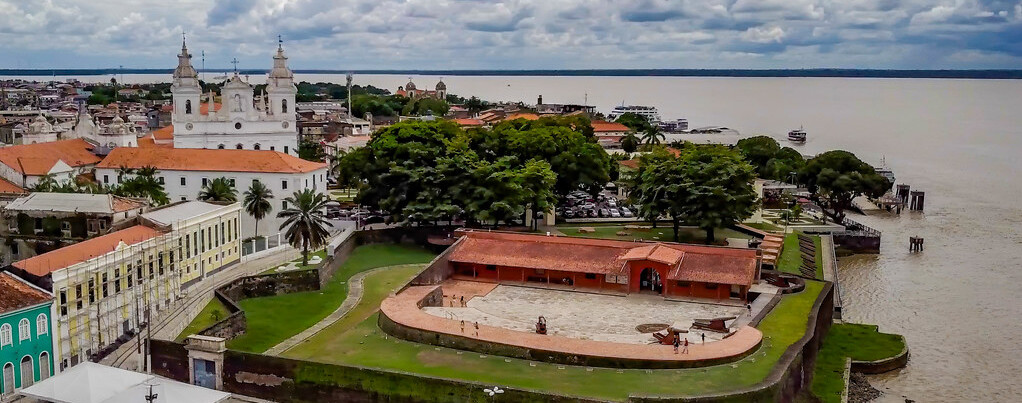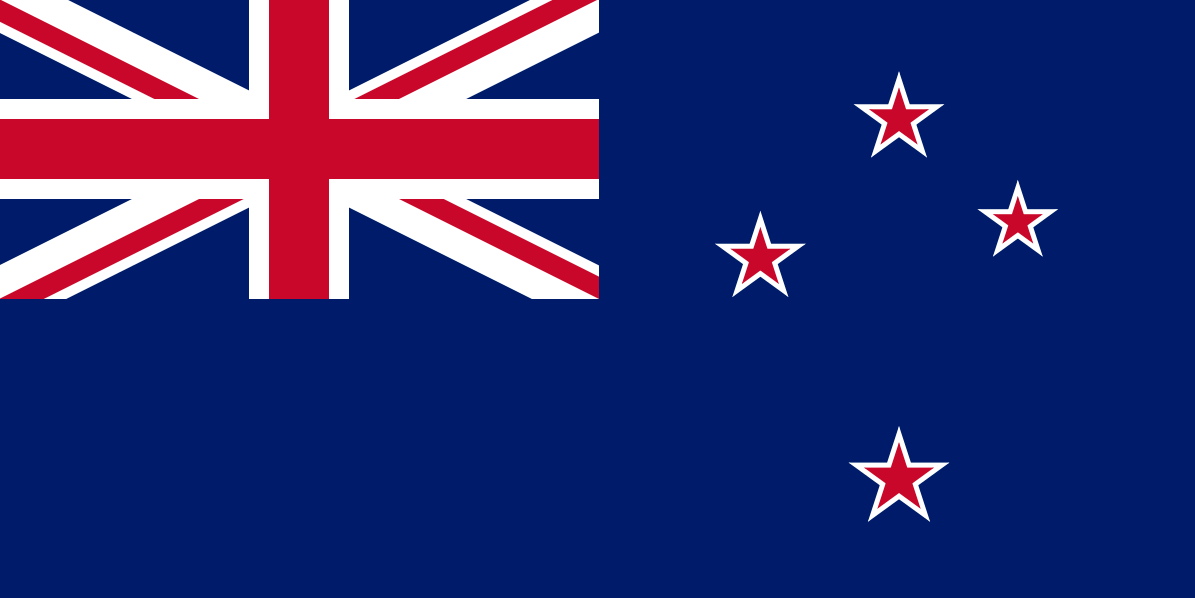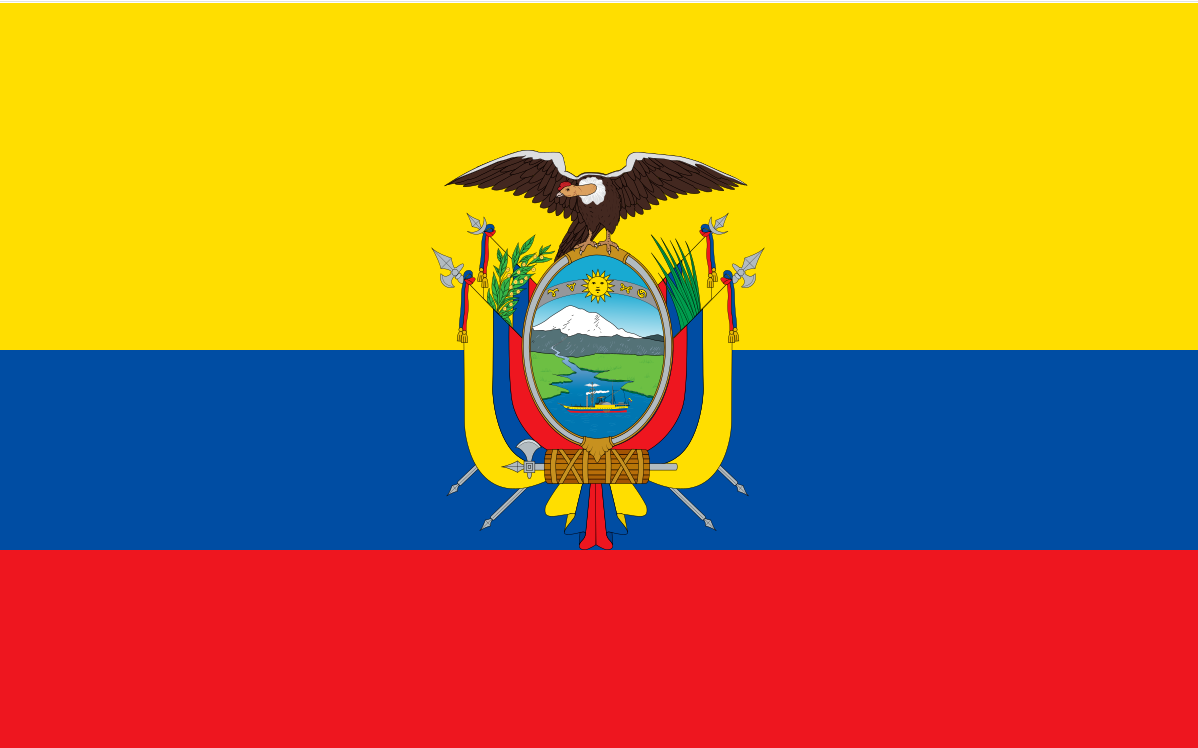
Belém will take center stage to track progress on the latest NDCs. Photo: COP30.br
A new analysis from the Nature4Climate Coalition reveals that nature-based solutions (NbS) are gaining visibility in the latest round of Nationally Determined Contributions (NDCs) submitted this year. Mentions of NbS have increased compared to previous commitments under the Paris Agreement, with notable progress in coastal zone targets from countries like Brazil and the UK. However, with the September deadline soon to pass, only 34 nations have updated their climate plans since COP29, and most still lack standalone targets and detailed implementation strategies for NbS.
Read more
Related articles for further reading
The Coalition today released in-depth evaluations of new NDCs from Brazil, the UK, Canada, New Zealand, Ecuador, and the UAE. These assessments cross-check the 15 recommendations issued by the coalition last year to help governments integrate nature into their climate plans.
Compared to the 2021 round of NDCs – which emphasized reforestation, afforestation, and sustainable forest management – countries are now broadening their scope to include wetlands, grasslands, and peatlands. Yet key gaps remain. Many NDCs lack specificity on how ecosystems and carbon sinks will be protected, and few outline when critical measures, such as deforestation bans, will begin. Some blur the lines between carbon removal via expensive technologies and more cost-effective NbS, while many tie their targets to conditional international financing—creating uncertainty about delivery.
“We’re encouraged by the growing inclusion of nature-based solutions, but we need these commitments to be backed by clear financing and time-bound implementation plans, aligned with national policies and budgets, so that NbS can become a reality”
James Lloyd, Nature4Climate’s Policy Lead.
He also emphasized that implementation strategies must be practical and finance-ready: “Nature must have a seat at the table – and that means real money, real plans, and real action.”
Where Nature Is Advancing
- United Kingdom: Reaffirms £11.6 billion in international climate finance by 2026, with £3 billion earmarked for nature. Includes forest cover expansion, peatland restoration, and marine spatial planning.
- Brazil: Strengthens its stance on illegal deforestation and highlights coastal ecosystems as key to its plans. Introduces the Pact for Ecological Transformation—a cross-government commitment to long-term ecological action.
- Ecuador: Emphasizes ecosystem preservation and endemic species protection as part of its natural heritage.
What’s Next
This month, UN Secretary-General António Guterres is expected to urge countries to submit maximally ambitious NDCs. COP30, hosted in Belém this November, will feature a global temperature check to assess how close current plans bring us to the 1.5ºC goal.
Natural climate solutions could deliver up to one-third of the emissions reductions needed to meet that target—while also supporting biodiversity, livelihoods of Indigenous and local communities, and climate adaptation and resilience. Click here to check an analysis comparing countries’ carbon reduction targets with the mitigation potential of natural climate solutions, using data from the open-access naturebase platform.
Editor’s Notes on Methodology
This analysis was generated using GreenSearch AI and reviewed by the Nature4Climate Coalition’s advocacy group. It draws on the 15 guiding recommendations outlined in the second edition of the Guide to Including Nature in NDCs – Second Ed., developed to support national policymakers and technical experts in revising and implementing 2025 NDCs. The guide emphasizes a whole-of-government and whole-of-society approach, integrating nature across mitigation, adaptation, and loss & damage targets, and calls for robust implementation and financing strategies to ensure nature-based solutions are not just mentioned—but delivered.
The analysis focuses solely on the content of the NDCs submitted to date and does not incorporate external policy statements or unofficial commitments. It aims to provide a transparent, comparative overview of how nature is being integrated into national climate strategies.
Explore Country-Specific Analyses
To dive deeper into how nature-based solutions are being addressed in each country’s NDC, we invite you to explore the individual analyses for:

Summary: Brazil

Summary: UK

Summary: Canada

SUMMARY: NEW ZEALAND

Summary: Ecuador

Summary: UAE